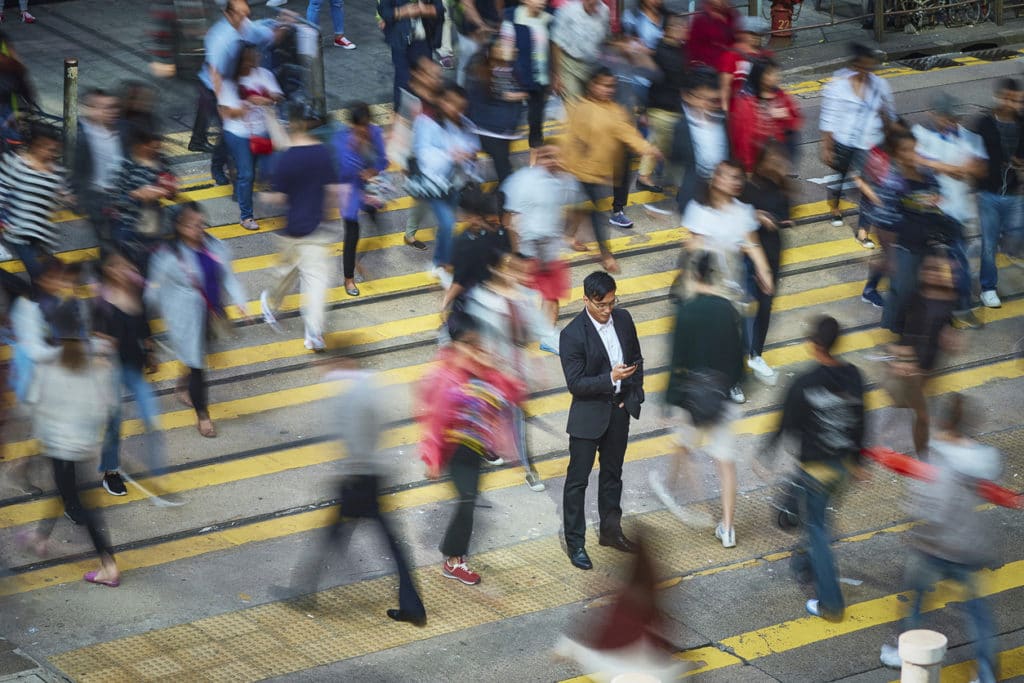
By: Alon Cohen and friends at Phone.com
 Over the last few days, several people have come to me with ideas on using a mobile app or backend cellular data to help the world fight the coronavirus and maybe even future viruses. My sister had the least invasive idea, while my dad from Israel is sure that Israel is already using cellular technology to help fight COVID-19. After our conversations, an idea emerged, and I’d like to share it.
Over the last few days, several people have come to me with ideas on using a mobile app or backend cellular data to help the world fight the coronavirus and maybe even future viruses. My sister had the least invasive idea, while my dad from Israel is sure that Israel is already using cellular technology to help fight COVID-19. After our conversations, an idea emerged, and I’d like to share it.
The main problem with the coronavirus (Covid-19), as we are told, is not that it kills everyone infected (it is not Ebola). The problem is that it is infectious enough if left running wild it will create enough patients with complications to overwhelm hospitals. When that happens, not everyone in need of hospitalization will get proper care, and some people will die. In a way, the virus creates a DOS attack on all our medical facilities.
The key to stopping the propagation of the virus is by reducing human interactions, or “social distancing” as they have named it. Testing and identifying patients who can pass the virus is critical. As testing becomes more pervasive, we find more and more people who have the virus and passed it unknowingly. To stay ahead of the curve, authorities are trying to identify people who have had contact with those who have tested positive. The objective is to get those people tested as well.
The problem is that this footstep-mapping is a daunting task, and even if done, an average person would not be able to tell who was close to him/her if they do not know the people around, like say in a supermarket, a train station, an airport.
This is where cellular companies and big data can help.
Putting aside GDPR and some US-based Constitutional questions for the greater good, and only as a temporary emergency measure, we think there may be a way to track the exact footsteps of a sick person. The medical establishment and cellular companies can cross-reference the infected patient’s cell phone number with cell phone GPS location data and tell who was in the vicinity of the patient during a given period.
By sending individualized warnings to people who were near a patient and asking them to self-quarantine or to get tested, the establishment can stay ahead of the footsteps of the virus. The establishment can tell those people to stay quarantined, remain under medical observation, or if they are not at a heightened level of risk.
This kind of aggressive filtering and fast, accurate action might be the key to beating the corona-virus (Covid-19) and future infectious diseases that are similarly transmitted.
I can only hope that the right people read this, and if found to be a feasible idea, those with the power and access to do so will take quick, bold action to save the world. Until then, excessive hand washing and social distancing remain essential.
